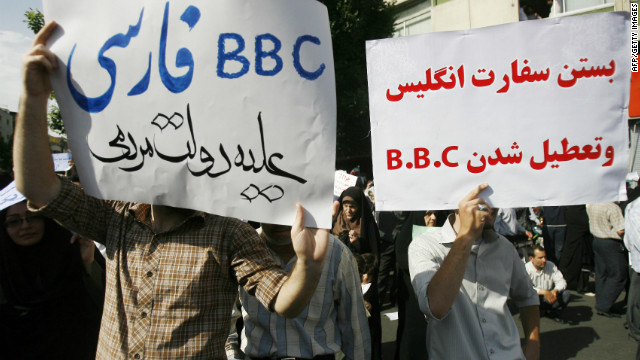By Brittney Hodnik
Impunity Watch Reporter, North America
HAVANA, Cuba – Cuban blogger, Yoani Sanchez continues her fight to share information freely throughout her country. Her “Generation Y” blog has been up and running since 2007 which criticizes the majority in Cuba and promotes more freedom for her people. Last week, Cuba retaliated against Sanchez’s expression and did not allow her to leave the country to speak at a conference in Brazil.
According to Amnesty International, Cuba’s migration authorities denied the activist an exit permit – a white card – for the 19th time in four years. Usually, no reason is given for this denial. Javier Zuniga, Special Advisor to Amnesty International is quoted as saying, “The Cuban government’s repeated denial of exit permits to critics like Yoani Sanchez can only be seen as retaliation for the expression of their legitimate political views and activism.”
Brazil was showing a special screening of a documentary on freedom of expression in Cuba and Honduras and wanted Sanchez to speak at the event. Brazil had already issued Sanchez a visa to enter the country according to the Havana Times. Her peaceful protest tactics were highlighted and commended in the documentary.
Sanchez is kept under strict surveillance by Cuban State Security but has never been charged with any crime, as reported by the Havana Times. Fidel Castro previously called her the leader of a group of “special envoys of neo-colonialism, sent to undermine” the Castro brothers’ rule, according to Financial Times.
Sanchez tweeted about her understandable frustration after being denied exit for the 19th time. According to Amnesty International she said, “I feel like a hostage kidnapped by someone who won’t listen or give explanations. If all this effort helps to shine a light on the migratory absurdity we Cubans are trapped in, then it was worth it.” She has over 200,000 followers on Twitter, mostly Cubans who find hope in her words.
The country has recently recognized her on EcuRed – Cuba’s equivalent of a Wikipedia page, according to the Associated Foreign Press. She is described on the website as a “cybermercenary,” and she is praised for accepting “other prizes and recognition from openly counter-revolutionary and far-right groups,” according to the EcuRed entry.
As reported by the Financial Times, Sanchez said, “I never want to become bitter. I tweet, I blog, I write. I wake happier than most. Every day is a new scenario.” Anyone can follow her blog by clicking here.
For more information, please visit:
Associated Foreign Press — Cuban ‘Wikipedia’ Includes Entry for Dissident Blogger — 8 Feb. 2012
Financial Times — Cuban Blogger Riles with Her Weapon of Words — 7 Feb. 2012
Amnesty International — Cuban Blogger Blocked From Travelling to Film Premiere in Brazil — 6 Feb. 2012
Havana Times — Yoani Sanchez Grounded as Castro Flies — 3 Feb. 2012


